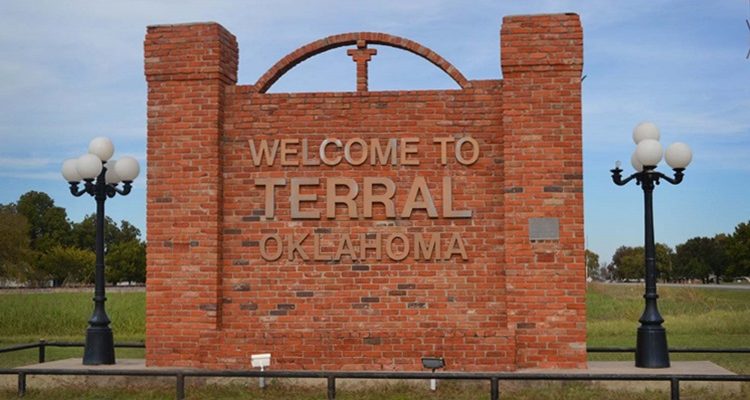In Oklahoma, the federal government is being sued by the Comanche Nation over a rival casino currently being built in the small town of Terral in Jefferson County on land situated less than two miles from the border with Texas.
A lawsuit filed August 17, 2017 in U.S. Western District Court of Oklahoma by the Comanche Nation claims the U.S. Department of the Interior and the Bureau of Indian Affairs (BIA) allowed the Chickasaw Nation, along with other tribes, to circumvent requirements regarding the placement of off-reservation land into trust for new casinos, as reported by The Oklahoman.
The lawsuit, which among others, names Jonodev Chaudhuri, chairman of the National Indian Gaming Commission (NIGC) and Ryan Zinke, U.S. Secretary of the Interior, claims the Chickasaw Nation and other wealthier tribes that dominate the gaming market in Oklahoma have built their empires as a result of receiving preferential treatment from the federal government, according to the news agency citing attorney for the Comanche Nation, Richard Grellner.
Grellner reportedly said, “The Comanche feel like they’ve played by the rules and their competition didn’t.”
Other claims by the Comanche tribe include that the Chickasaw Nation was allowed by the U.S. Government to maneuver federal law which requires a formal study be conducted to determine what effects if any a new large-scale development such as the casino being built in Jefferson County would have on the environment. And that by placing land into trust for the Chickasaw Nation and other tribes sans procedural requirements, smaller tribes such as the Comanche Nation, have been deprived of their share of the gaming market, according to The Oklahoman.
The lawsuit reportedly claims, “BIA officials moved the goal line so close to the Chickasaws and other privileged tribes in Oklahoma that they have needed only to fall into the end zone and open up shop, secure in the knowledge that the score was virtually certain to hold up without any replay.” The lawsuit moreover states that so far, the project has required several ‘sewage lagoons’ be created and that they are so large they can be seen from space.
This past May, the Chickasaw Nation broke ground on the $10 million casino after having been allowed in January by the federal government to place land for the development into trust. The 36,000 square foot facility is expected to be completed early next year and will reportedly include over 600 electronic gaming machines, six table games, a retail shop, and restaurant. According to a previous report, the casino is reportedly estimated to bring 150 new jobs to the community and upwards of $3 million in annual payroll.
In a statement on Friday, August 18, 2017, senior counsel for the Chickasaw Nation, Stephen Greetham, said, that an initial review of the lawsuit had been completed by the tribe. He said, “Based on our review, the complaint does not raise any factual or legal point of merit,” as quoted by The Oklahoman.
The Indian Gaming Regulatory Act (IGRA) generally prohibits casinos from being built on land placed in trust after October 17, 1988; however, an exception in Section 20 of the federal law allows gaming on properties that are located within the boundaries of what was once a reservation in the state. According to reports, the Oklahoma tribe has repeatedly qualified for the exception, enabling it to grow its gaming empire expeditiously. In 2003, the tribe reportedly had more than 10 facilities on newly acquired lands and now owns and operates more casinos than any other in Oklahoma or the United States.
The Red River Hotel and Casino in Devol, is owned and operated by the Comanche Nation. The casino is only about 50 miles from Terral, where the Chickasaws are building their new casino.
According to the news agency, the Comanches are also looking to overturn the Department of Interior’s decision to allow the rival tribe to place the land in Terral into trust for its new casino.
The Oklahoman reports that due to the pending lawsuit, the NIGC declined to comment and that no response to a request for comment was received by the U.S. Department of the Interior.


